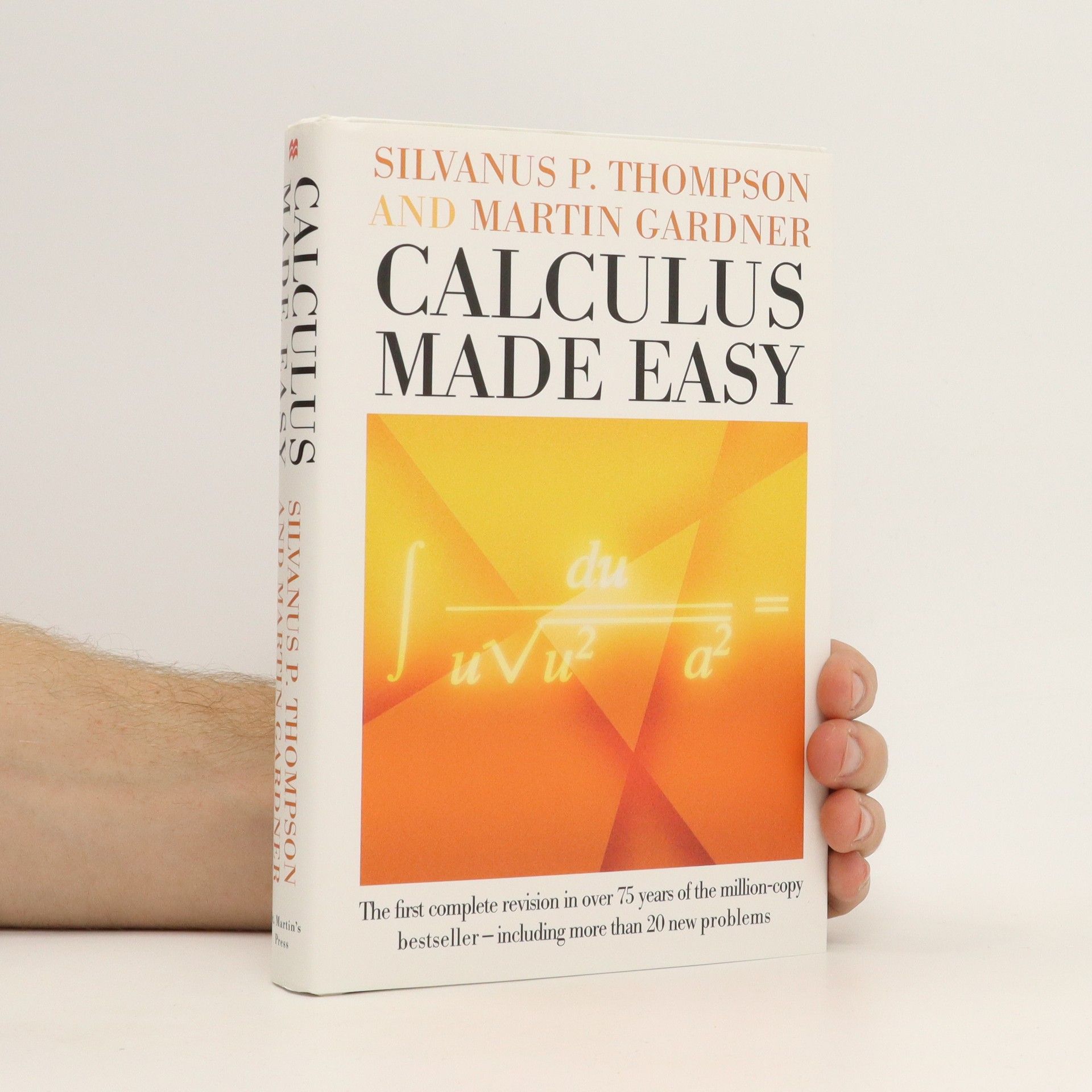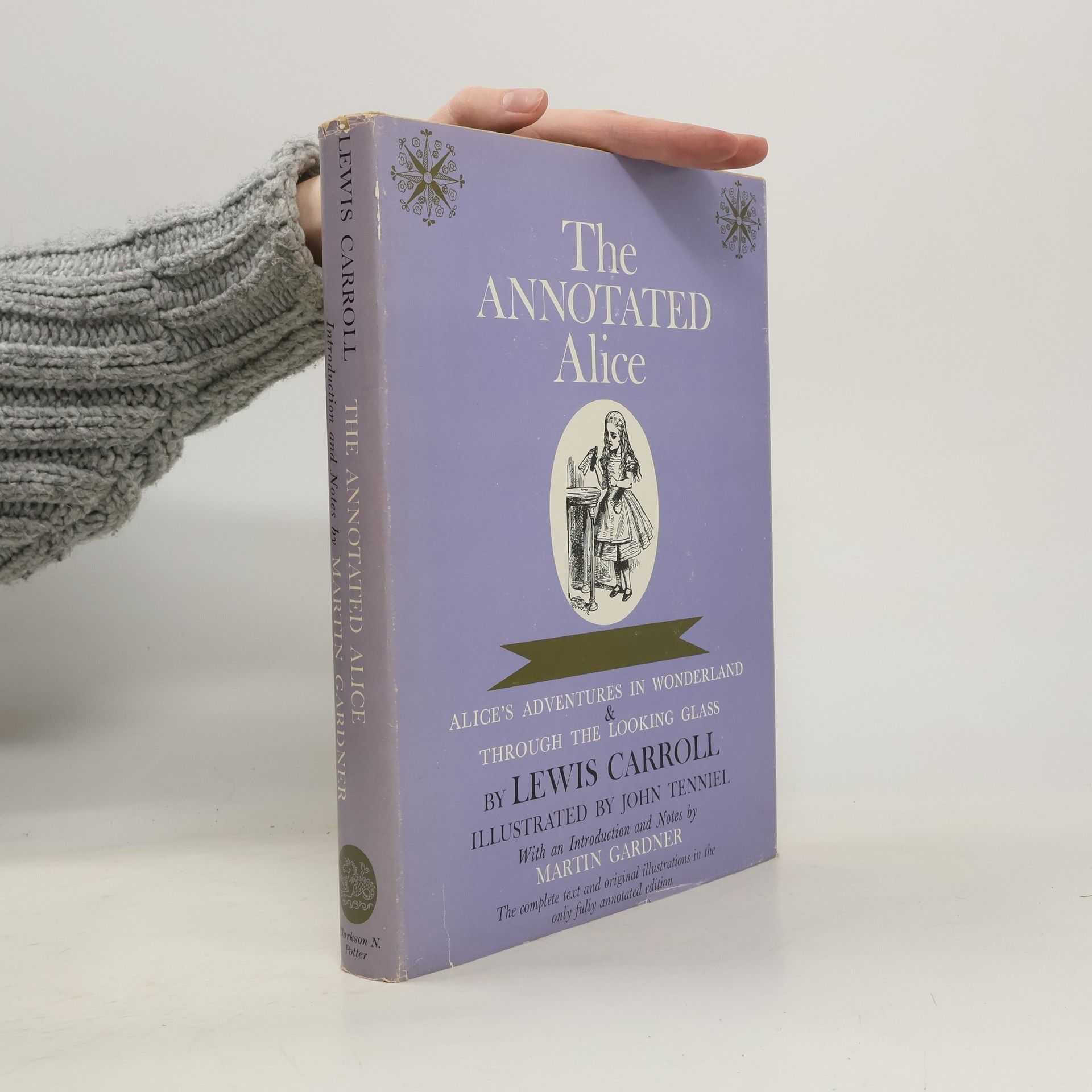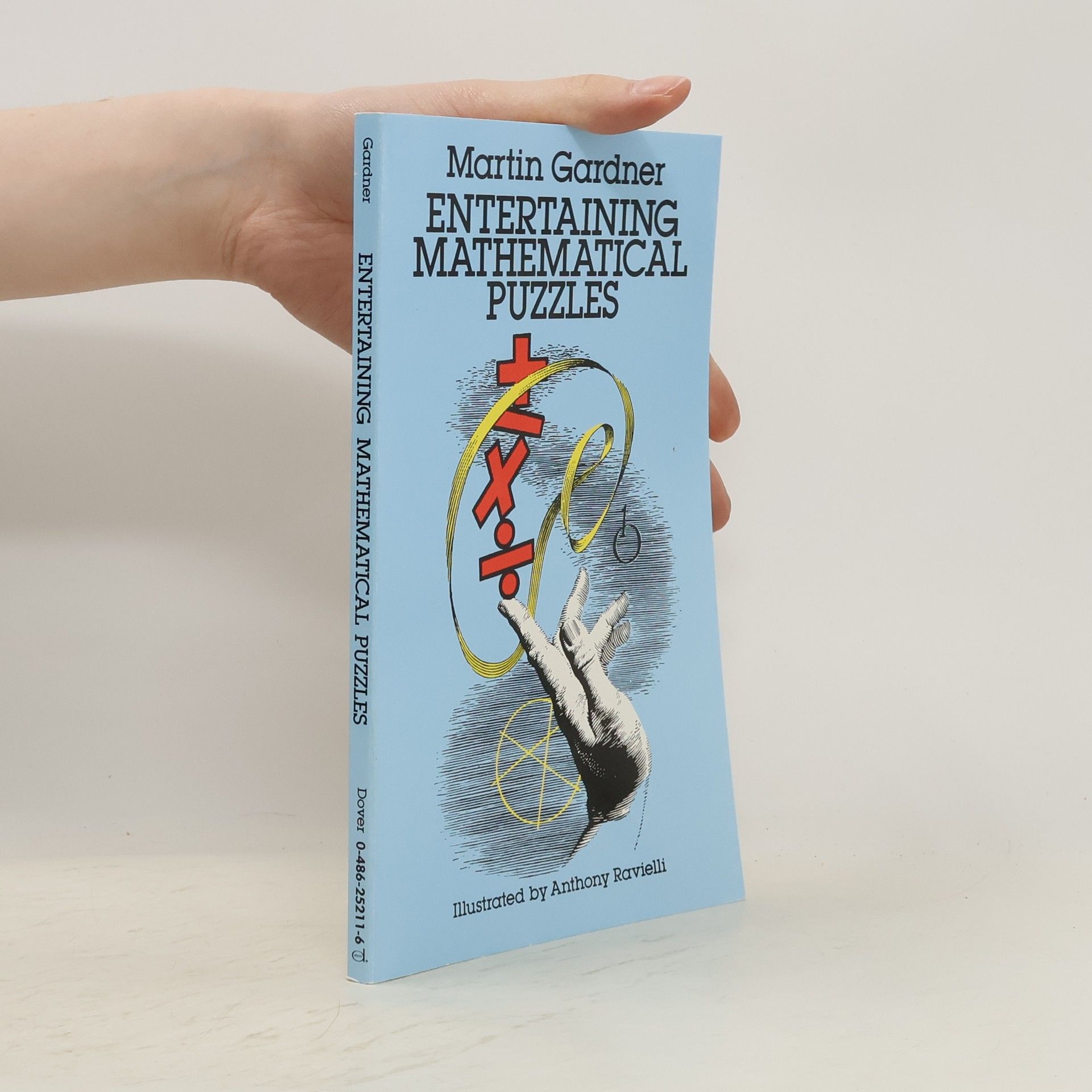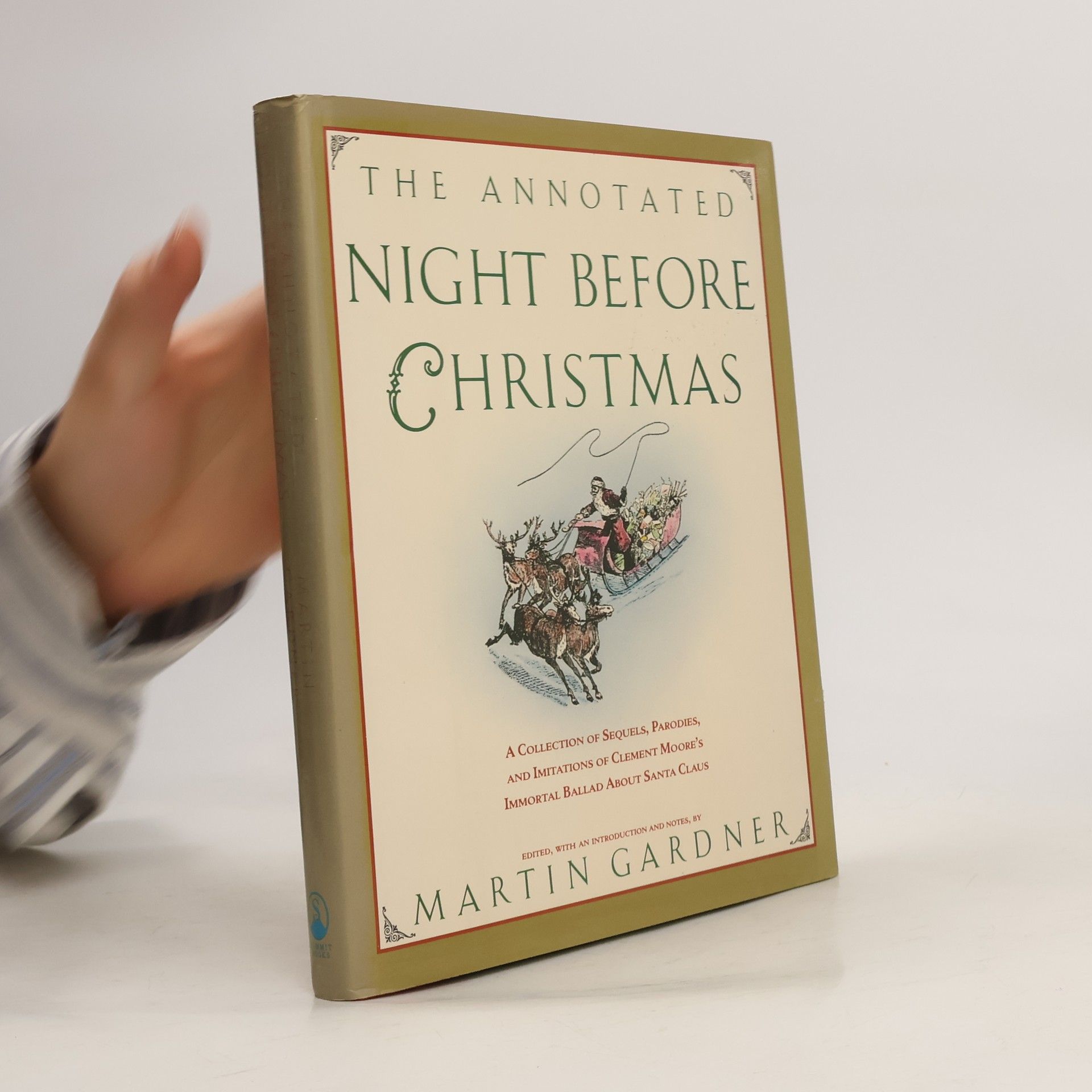'A landmark, bringing together a lifetime's work on Lewis Carroll by writer and mathematician Martin Gardner. He dazzles on Carroll's puzzles and games of logic and entertains on everything from Alice's influence on the Beat poet Jack Kerouac to howmercury in hat linings turned hatters mad...it is unsurpassed' - Jackie Wullschlager, Financial Times 'The indispensable guide to a classic of English literature...no one who has ever wondered about the meaning of 'Jabberwocky' should fail to include on their Christmas list' - Robert McCrum, Observer
Martin Gardner Livres
Martin Gardner était un écrivain américain dont l'œuvre couvrait les mathématiques récréatives, la magie, la littérature, la philosophie et le scepticisme scientifique. Il possédait un talent unique pour rendre les sujets complexes accessibles et attrayants pour un large public. L'écriture de Gardner se caractérise par sa rigueur intellectuelle alliée à une curiosité ludique, invitant les lecteurs à explorer les merveilles de la logique et de l'univers. Son héritage durable réside dans sa capacité à inspirer une appréciation plus profonde de l'interconnexion de divers domaines du savoir.







Calculus Made Easy has long been the most popular calculus primer, and this major revision of the classic math text makes the subject at hand still more comprehensible to readers of all levels. With a new introduction, three new chapters, modernized language and methods throughout, and an appendix of challenging and enjoyable practice problems, Calculus Made Easy has been thoroughly updated for the modern reader.
Origami, Eleusis, and the Soma Cube
- 248pages
- 9 heures de lecture
This edition features a curated selection of Martin Gardner's renowned Mathematical Games, celebrating his contributions to recreational mathematics. It includes updated puzzles, problems, and intriguing insights that engage both enthusiasts and newcomers. Gardner's ability to weave together mathematics and entertainment makes this collection a delightful exploration of mathematical concepts through games and challenges, showcasing his legacy in the field.
Hidden Goddess, The
- 104pages
- 4 heures de lecture
Uncover the goddesses buried within the Bible.
Over a period of 25 years as author of the Mathematical Games column for Scientific American, Martin Gardner devoted a column every six months or so to short math problems or puzzles. He was especially careful to present new and unfamiliar puzzles that had not been included in such classic collections as those by Sam Loyd and Henry Dudeney. Later, these puzzles were published in book collections, incorporating reader feedback on alternate solutions or interesting generalizations. The present volume contains a rich selection of 70 of the best of these brain teasers, in some cases including references to new developments related to the puzzle. Now enthusiasts can challenge their solving skills and rattle their egos with such stimulating mind-benders as The Returning Explorer, The Mutilated Chessboard, Scrambled Box Tops, The Fork in the Road, Bronx vs. Brooklyn, Touching Cigarettes, and 64 other problems involving logic and basic math. Solutions are included.
How do you move two matches - and only two - to new positions, so that the glass is reformed in a different position, with the cherry outside?
Highly readable and compelling account of British colonial policy in Palestine and its role in the creation of Israel. New updated edition now available in paperback.
The emperor's new mind
- 480pages
- 17 heures de lecture
The proponents of artificial intelligence want to prove that it is only a matter of time before computers will be doing everything that a human mind can do. The author reacts against this view, by saying there is some facet of human thinking that can never be emulated by a machine.
The Annotated Night Before Christmas
- 253pages
- 9 heures de lecture
A history of Moore's famous yuletide poem describes how the figure of Santa Claus evolved


